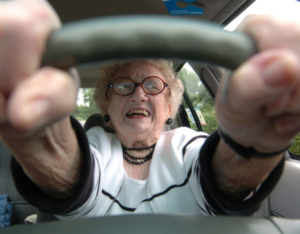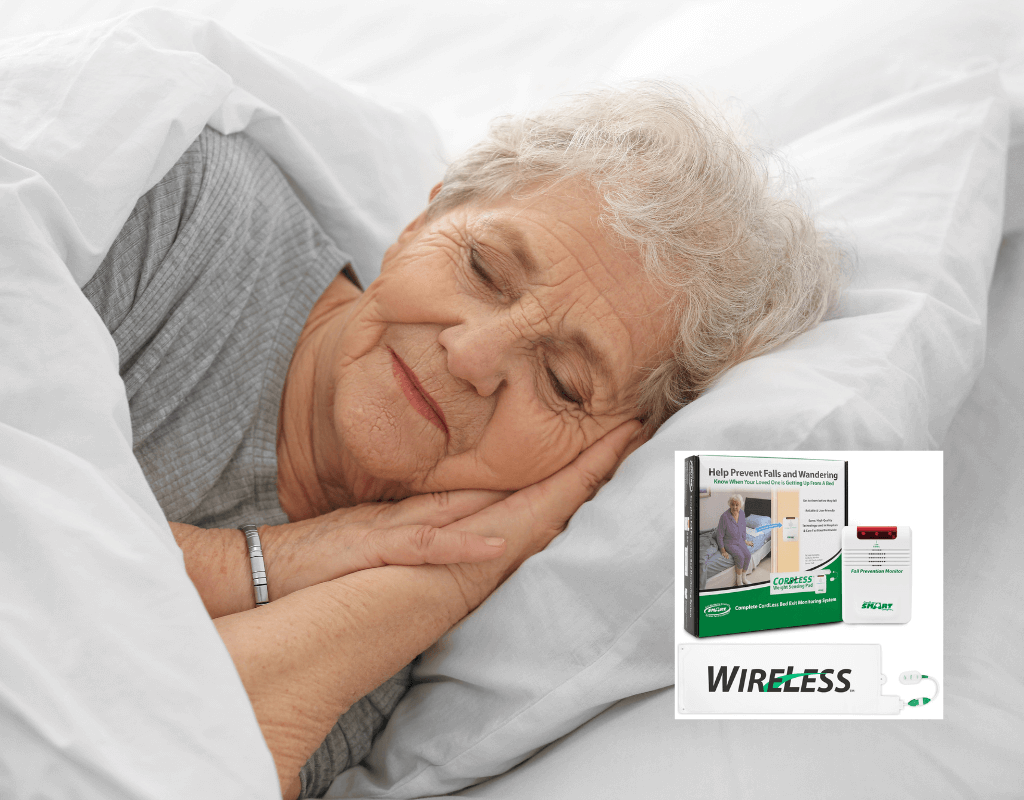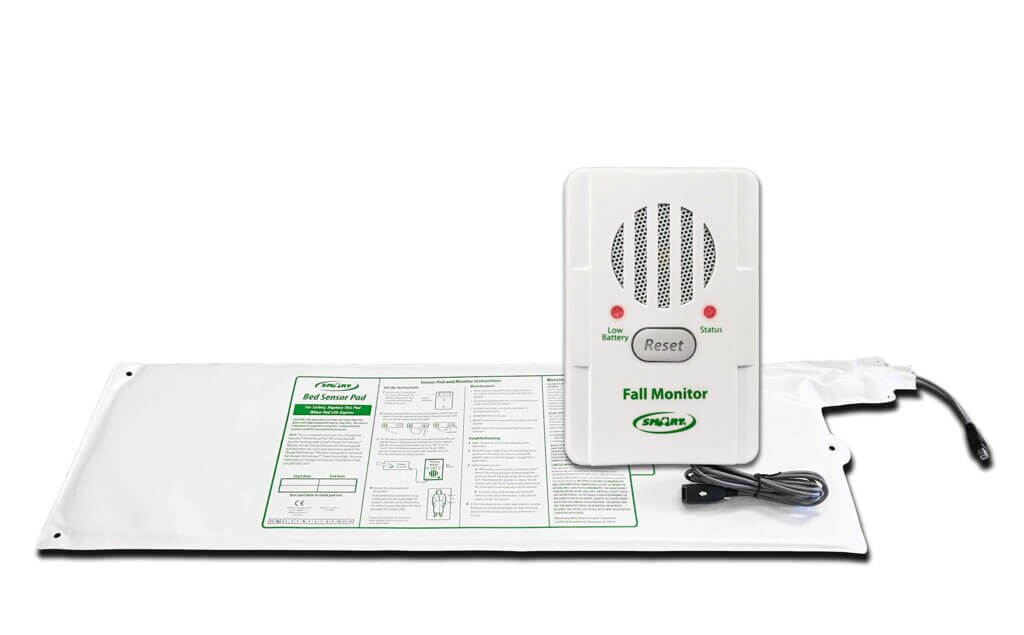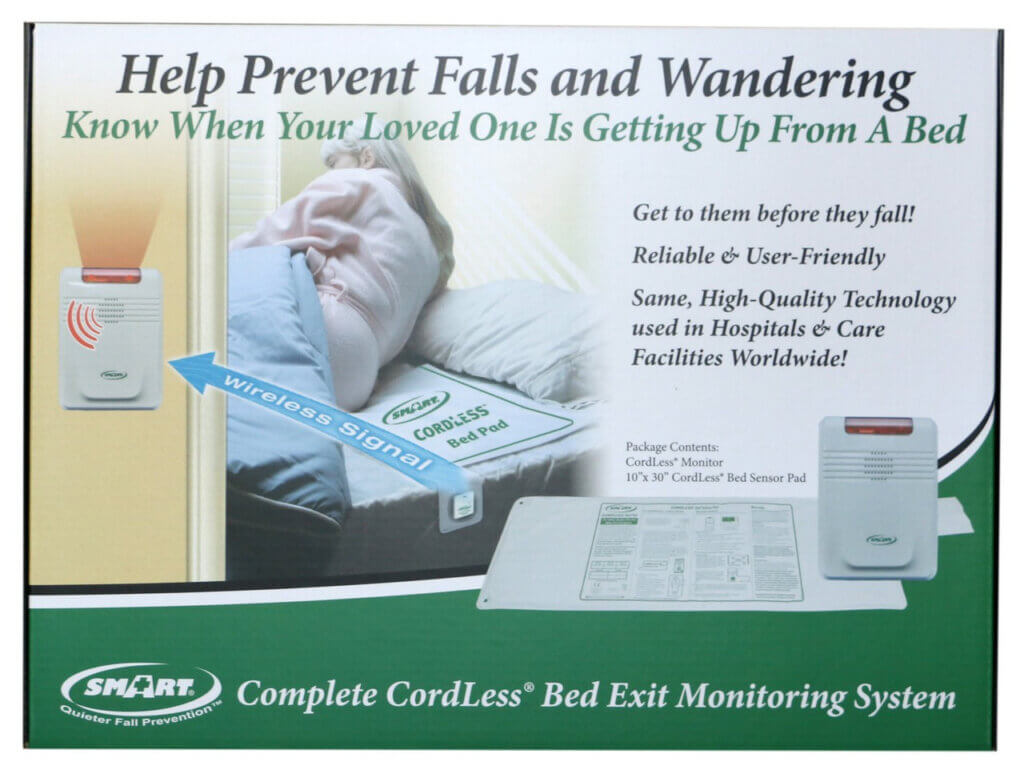I know many caregivers who are caring for someone who is at risk of falling or wandering off. This can be a challenge and puts a lot of stress on the caregiver or family member. Caregivers often feel like they always have to be on guard to make sure their loved ones are safe. One innovative solution designed to provide peace of mind and enhance safety is the Smart Caregiver Bed Alarm Sensor Pad. This device offers caregivers a reliable way to monitor their loved ones and prevent accidents. In this article, I will explore the features, benefits, and practical applications of the Smart Caregiver Bed Alarm Sensor Pad.
What is a Smart Caregiver Bed Alarm Sensor Pad?
A Smart Caregiver Bed Alarm Sensor Pad is a pressure-sensitive device that is placed on a bed. It is designed to alert caregivers when a person attempts to get out of bed, reducing the risk of falls and injuries. The sensor pad connects to an alarm system, which sounds when pressure is removed from the pad, indicating that the person has left the bed. This is a must-have addition to your Fall Prevention Checklist.
Key Features of the Smart Caregiver Bed Alarm Sensor Pad
- Pressure-Sensitive Pad: The sensor pad is placed on the bed under the individual, typically across the torso or legs. It detects when pressure is removed and sends a signal to the alarm.
- Adjustable Alarm Volume: The alarm system usually features adjustable volume settings, allowing caregivers to customize the alert sound to their preference.
- Wireless Options: Many models offer wireless connectivity, allowing the alarm to be placed in a different room from the sensor pad. This feature helps to avoid disturbing the person in bed while still alerting the caregiver.
- Durability and Waterproof Design: The sensor pads are often waterproof and designed to withstand regular use, ensuring longevity and reliability.
- Battery or AC Power: Depending on the model, the system can be powered by batteries or an AC adapter, providing flexibility based on the caregiver’s needs.
Benefits of Using a Smart Caregiver Bed Alarm Sensor Pad
- Enhanced Safety: By alerting caregivers when a loved one gets out of bed, the device helps prevent falls and injuries, particularly in those with mobility issues or cognitive impairments.
- Peace of Mind: Knowing that the alarm will sound if the person attempts to leave the bed allows caregivers to rest more easily, reducing stress and anxiety.
- Independence for Seniors: The sensor pad can enable seniors to maintain a degree of independence while ensuring that caregivers are immediately alerted if assistance is needed.
- Cost-Effective Solution: Compared to other fall prevention technologies, bed alarm sensor pads are relatively affordable, making them accessible for many families.
What Customers Are Saying
Overall, the Smart Caregiver Bed Alarm Sensor Pad is well-received by caregivers and families, who appreciate its role in enhancing safety and providing peace of mind. While there are some areas for improvement, such as sensitivity and comfort, the majority of users find the device to be a valuable addition to their caregiving toolkit.
Five Stars: Life Saver!
- Rating: ★★★★★
- Review: “This bed alarm has been a lifesaver for our family. My elderly mother has dementia and often tries to get out of bed at night. The alarm is loud enough to wake me up but not too loud to scare her. It’s easy to set up and use. Highly recommend for anyone in a similar situation.”
- Pros: Loud alarm, easy setup, effective in preventing falls
- Cons: None mentioned
Great Product but Slightly Uncomfortable
- Rating: ★★★★☆
- Review: “The sensor pad works well and has helped us monitor my father better. The only downside is that he sometimes finds it uncomfortable to lie on. We’ve added an extra layer of padding, which seems to help.”
- Pros: Effective, easy to use
- Cons: Can be uncomfortable
The reviews reflect a generally positive reception of the Smart Caregiver Bed Alarm Sensor Pad, with common praises for its effectiveness and ease of use. Some users have reported issues with sensitivity and false alarms, highlighting the importance of proper setup and placement for optimal performance.
Conclusion
The Smart Caregiver Bed Alarm Sensor Pad is an great tool for enhancing the safety and well-being of individuals at risk of falls or wandering. By providing timely alerts to caregivers, it helps prevent accidents and offers peace of mind. Whether used at home or in a professional care setting, this device is a practical and effective solution for ensuring the safety of your loved ones.
For additional information, see my article on Fall Alert Systems – The Ultimate Guide. For more information on caregiving tools and resources, visit my website Caring Beast for comprehensive caregiving advice and support.
Here’s a little transparency: Our website contains affiliate links. This means if you click and make a purchase, we may receive a small commission. Don’t worry, there’s no extra cost to you. It’s a simple way you can support our mission to bring you quality content.
Recommended For You

How to Stay Safe in the Bathroom – 9 Tips
The bathroom is the least safest room in the house and it is where the majority of falls and accidents occur among older adults. It is estimated that 1/3 of …

Uber For Senior Citizens? No App Required!
Giving up the keys to the car is one of life’s most difficult transitions for many seniors. It represents the

How To Find A Private Home Caregiver
Finding the right private home caregiver for my mom was a daunting challenge. I wanted to make sure the person

Caregiver Care Plan Form
A caregiver care plan form is a vital tool that will ensure your loved one receives the quality care they

9 Questions to Ask When Choosing an In-Home Care Agency
When looking for an in-home care agency, referrals from someone you trust are golden. Good, reputable agencies will have a

What Benefits Does AARP Offer?
What benefits does AARP offer? That’s a question I asked myself for 12 years before I finally decided to join. What took me so long? I don’t know. Denial maybe? …



